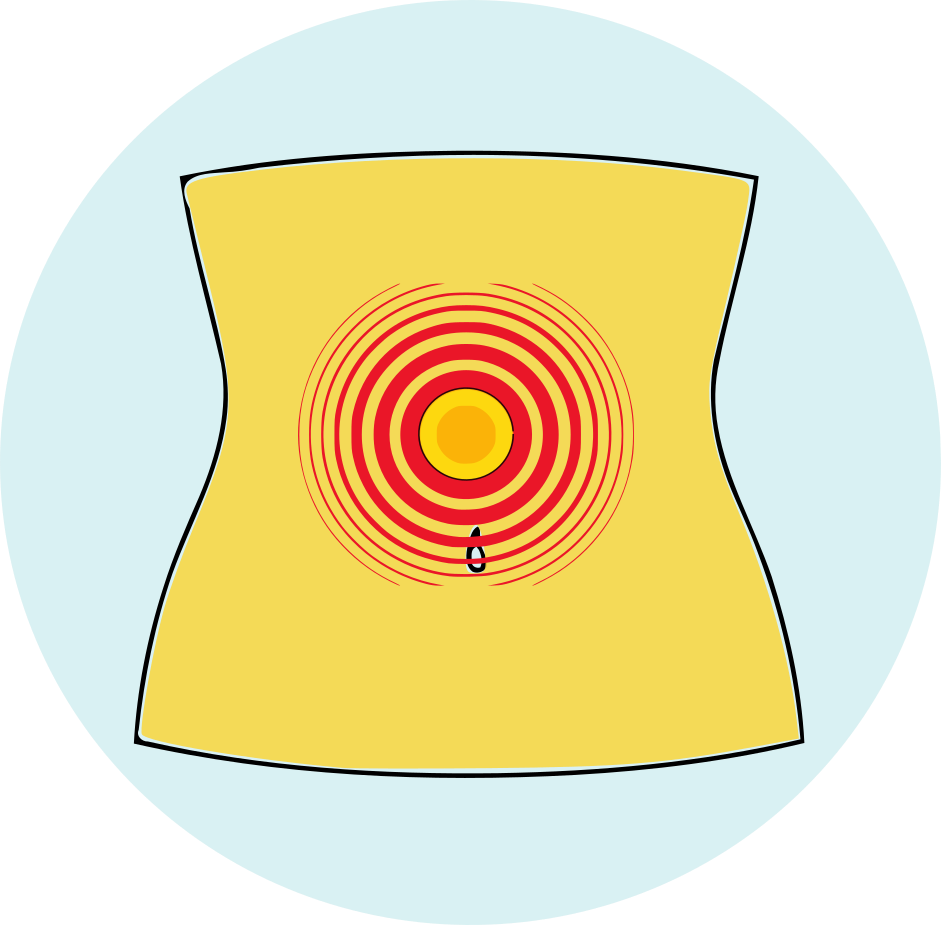| Name | Mebendazole |
| Classes |
Antiinfective Agent Anthelmintic/Antiparasitic |
| Diseases |
Infectious Disease Worm Infection |
Mebendazole
Mebendazole is in a class of medications called anthelmintics. Mebendazole acts by inhibiting the production of microtubules via binding to colchicine binding-site of β-tubulin and thereby blocking polymerization of tubulin dimers in the intestinal cells of parasites.
Mebendazole is indicated for the treatment of patients one year of age and older with gastrointestinal infections caused by:
- Ascaris lumbricoides (roundworm)
- Trichuris trichiura (whipworm)
- One Mebendazole 500 mg tablet, administered as a single dose, is suggested for individuals aged one year and up.
- Before consuming, chew the Mebendazole 500 mg tablet fully. The tablet should not be swallowed whole.
- Mebendazole 500 mg tablet can be placed in a spoon and roughly 2 mL to 3 mL of drinking water added to the tablet using a dosing syringe for patients who have trouble chewing the tablet. The tablet absorbs the water within 2 minutes and transforms into a soft, semi-solid substance that may be eaten.
- anorexia
- abdominal pain
- diarrhea
- flatulence
- nausea
- vomiting
- rash
Convulsion Risk: Convulsions have been documented in newborns under the age of one year.
Neutropenia and agranulocytosis have been documented in patients treated with mebendazole at larger doses and for longer periods of time. In these patients, keep an eye on their blood counts.
Serious Skin Reactions with Metronidazole: The use of mebendazole and metronidazole together has been linked to Stevens-Johnson syndrome/toxic epidermal necrolysis (SJS/TEN). Avoid taking mebendazole and metronidazole at the same time.
Contraindication
- Contraindicated in patients hypersensitive to mebendazole or similar drugs, such as-
- Concomitant administration with metronidazole should be avoided.
There's no known contraindications of mebendazole in terms if food and drinks.
 Bangla
Bangla English
English






